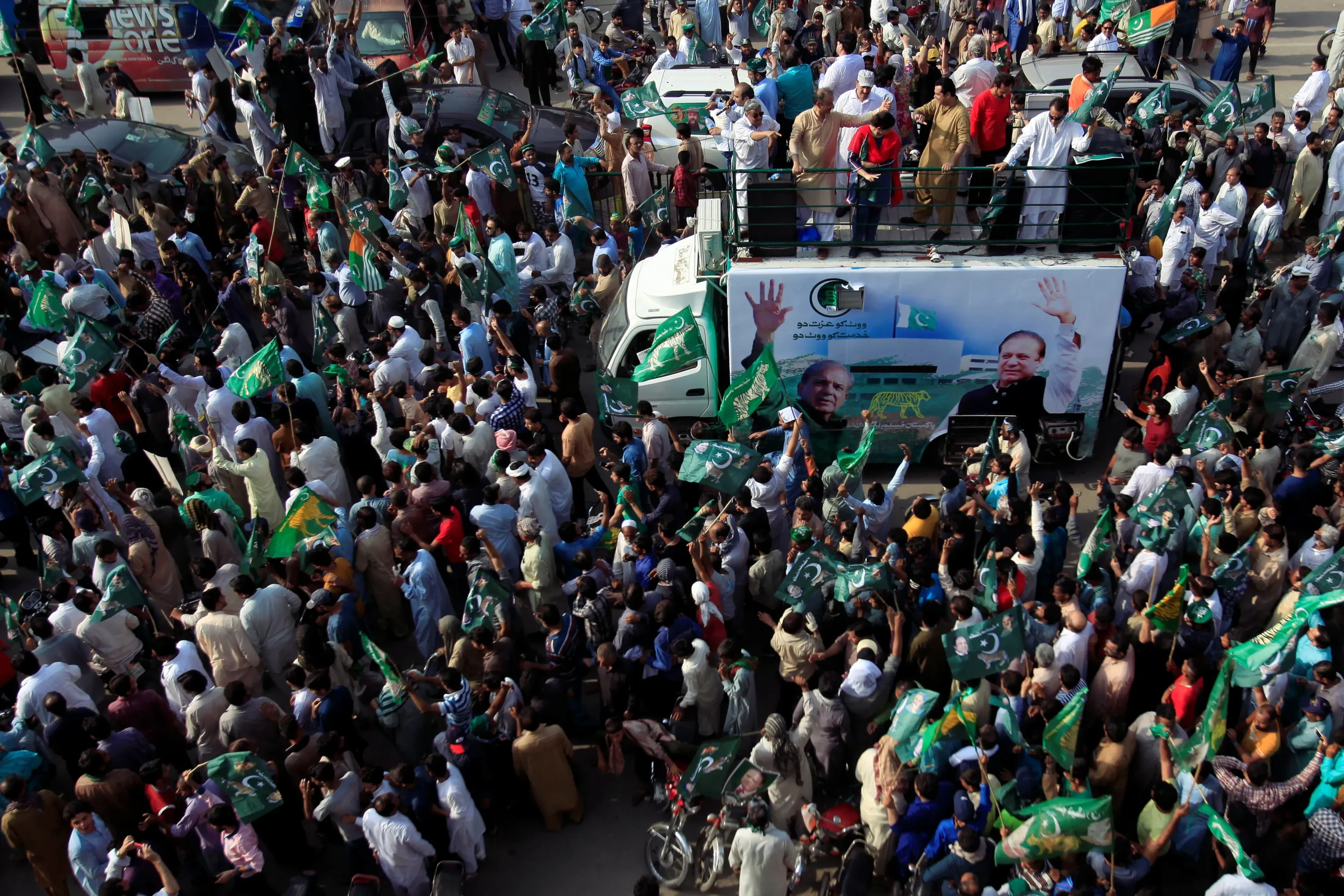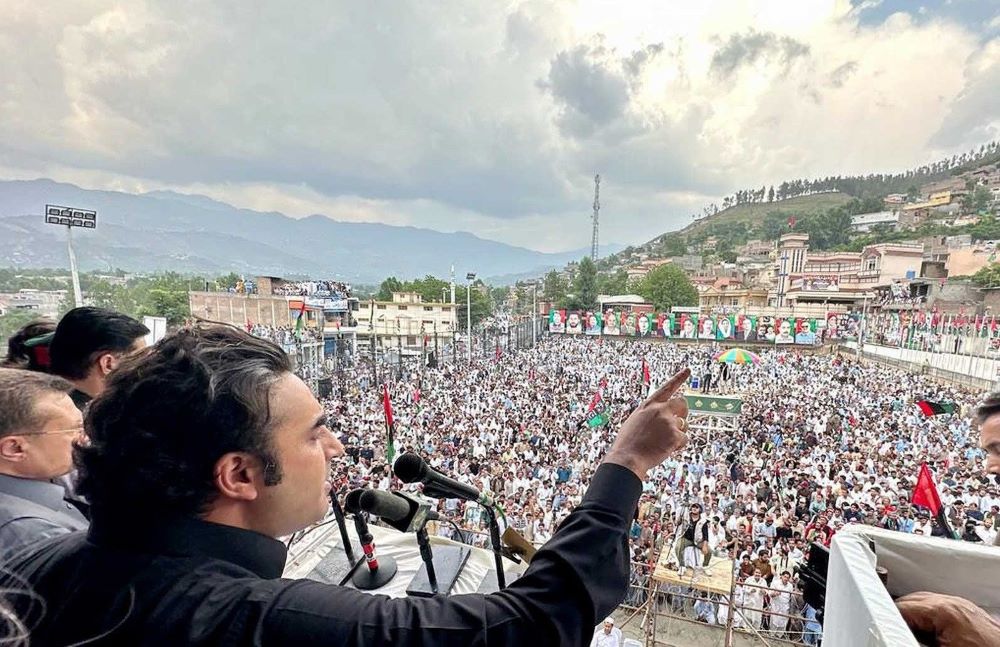
The political landscape of South Asia, particularly the electoral climate of India and Pakistan, is simmering. General elections are scheduled for February in Pakistan and somewhere in April and May in India. The animosity between the two countries adds to the political temperatures, forming a highly charged and volatile milieu. The political campaigns provide a perfect space to exacerbate those sentiments which thrive on manipulating the weak spots of the other.
The elections season, therefore, allows power-hungry politicians to influence the public mood. It is important to differentiate legitimate concerns about political stability from the tendency to blame democratic system and the agendas of external players. All this is interwoven in Pakistan’s socio-political fabric.
Democracy is fundamentally intended to empower the people through social engagement.
However, its effectiveness is undermined when political parties resort to inciting instability, whether in opposition or inside the ruling party. A common fallacy in Pakistan is that election results are primarily dictated by the establishment.
This narrative is often used by the political parties. Interestingly, their mottos alternate between accusing the establishment of involvement and defending their triumphs when in power. This blame game is a recurring pattern, that takes genuine performance assessments of governments out of the spotlight.
The issues confronting Pakistan’s democracy are not a product of failings of the democratic system. Instead, they stem from a political culture marked by a proclivity for blame games and a lack of accountability. Politicians often distract attention away from policy failures. They do so through an endless cycle of accusations and counter-accusations.
Adding insult to the injury is the use of harsh language and slurs in political speeches that erode national unity and integrity.
The media, as a strong instrument of national power is also frequently used to promote individualistic motives. Sensationalism, biased reporting, and the spread of provocative information, all contribute towards the decline of the politically correct debate.
Read more: The Idolatry Trap: How Deifying Politicians Erodes Democracy

This pattern of political engineering is often evident in Pakistan’s political culture, frequently resulting from a sense of fear and a desire for political survival. Political chaos is especially prevalent during the election cycles, when parties compete for acquiring the popular support.
It is also an assumption in narratives of political parties that the party which the establishment supports will assume power. These narratives become a smokescreen, protecting political leaders from accountability and impeding the development of a transparent and functional democratic system.
This also feeds a cycle of public distrust, undermining faith in democratic institutions. Acknowledging the harm Pakistan’s political landscape has endured due to their malpractices, political leaders must prioritize representation above blame games.
Constructive communication and a dedication to tackling internal concerns may help build a stronger and stable democratic system. Furthermore, media being the flag barrier of information trendsetting can help build a culture of accountability and openness.
As political elite continues its usual coercive course, the collective consciousness of Pakistani nation suffers as a direct consequence.
Voters are confused about the validity of the elections, which has also affected the morale of young voters. Pakistan has to make a concentrated effort, if it is to develop a sound political environment and a fully developed democratic system that really fulfills the needs of its people.
To create a healthy political atmosphere, politicians must emphasize responsibility and the media must take an active part in influencing political debate. Breaking out from the blame game cycle is critical to developing a mature and functional democratic system in Pakistan.


















Leave a Reply